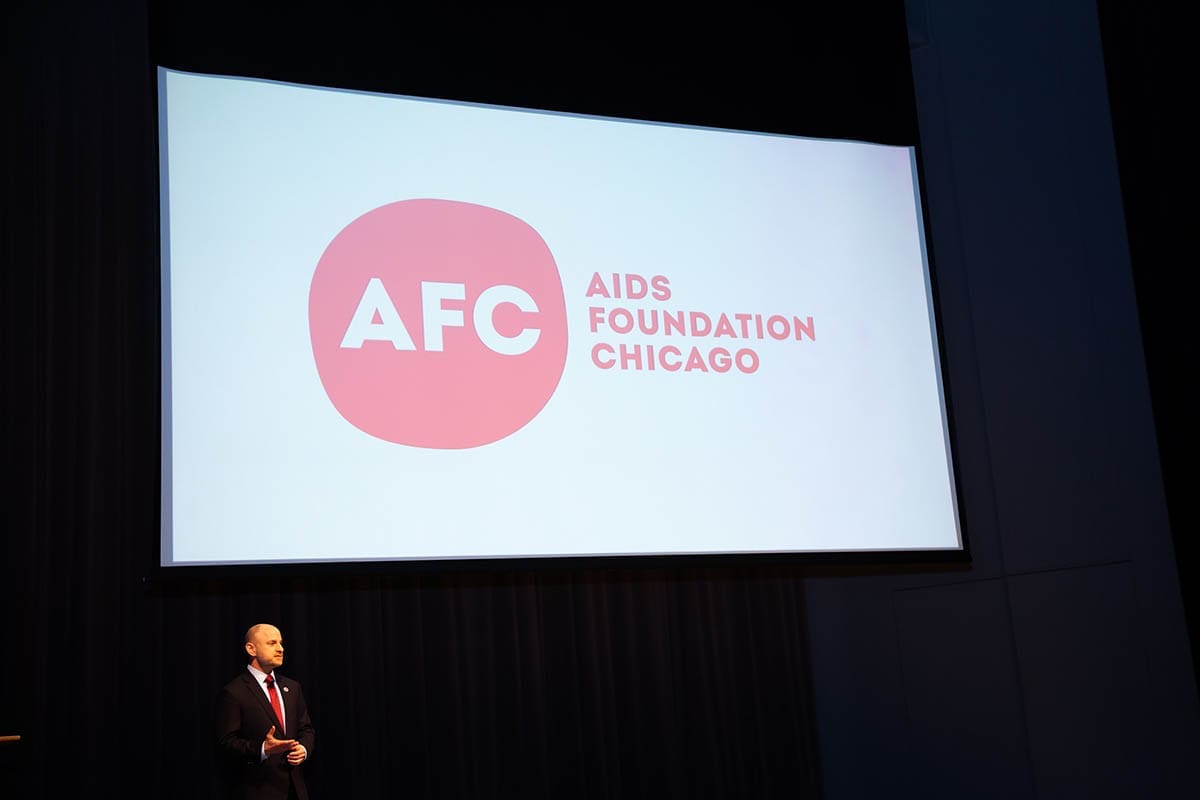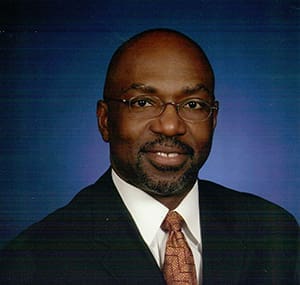The mission of the AIDS Foundation of Chicago (AFC) is to mobilize communities to create equity and justice for people living with and vulnerable to HIV and related chronic diseases. Founded in 1985 by community activists and physicians, the AIDS Foundation of Chicago is a local and national leader in HIV/AIDS policy, as well as prevention, care and housing.
In the U.S., HIV and community violence are two major issues that disproportionately impact youth (and those working directly with youth). Researchers have identified a range of behaviors that increase the vulnerability of youth to HIV. Ongoing research also underscores the links between community violence exposure and vulnerability to HIV. In particular, it documents associations between community violence exposure and HIV-related sexual risk behaviors among young people.[1]
According to the U.S. Centers for Disease Control and Prevention (CDC), in 2014, youth ages 13 to 24 accounted for an estimated 22% of all new HIV diagnoses in the U.S. In 2014, homicide was the leading cause of death for Black boys and men ages 15 to 34 and the second leading cause of death for Hispanic boys and men ages 15 to 34.[2] Current trends suggest that only 24% of young Black gay and bisexual men living with HIV remain in care,[3] and in Illinois, there are 1,800 new HIV infections each year, 50% of which are in the Black community. According to the Illinois Department of Public Health, nearly 40% of new HIV cases in the state are among young people ages 20-29. These reports show that we must continuously intervene with those most vulnerable to the epidemics of violence and HIV and provide timely and culturally relevant health discussions, policies and programs.
In the wake of police-involved gun violence and community shootings that have contributed to more than 3,200[4] gun victims in Chicago and 10,000 deaths and injuries[5] already in 2016, AFC adopts a position statement about gun violence in the U.S. AFC believes that gun violence is a public health crisis and social driver of new HIV infections, and therefore requires a comprehensive public health response and solution. Social science recognizes gun violence as an epidemic that moves among social networks in what epidemiologists call “social contagion.”[6]
AFC recognizes that gun violence is a public health crisis that requires community-informed, life-affirming action immediately. At AFC, we challenge and address many of the systemic and social barriers to health care access by working to improve health equity. Our goal is to identify, document and solve health care access implementation problems for all communities affected by HIV.
The similarities in the geographic patterns of HIV infections and gun violence in racially segregated Chicago are astounding. For instance, an analysis of the Chicago Department of Public Health HIV/STI Surveillance Report[7] and the Healthy Chicago 2.0 Report[8] reveals that many of the same Chicago-area ZIP codes with the highest incidences of HIV infections are the same ones most impacted by gun violence, including by not limited to the following: West Garfield Park, North Lawndale, Washington Park, West Englewood, Englewood, Greater Grand Crossing, Woodlawn, South Shore, Auburn-Gresham, Chatham, Avalon Park, South Chicago, Washington Heights, Roseland and West Pullman.
The impact of public policy decisions such as school closures, disproportionate policing and disinvestment in community health care facilities must be explored in our examination of this crisis. We must also examine the intersecting impacts of racism, stigma and discrimination. It is clear that the sustained change we all seek requires a deep investigation of all forms of violence — interpersonal and state sanctioned.
Additional information
AFC can no longer be silent about the gun violence that routinely takes place in the U.S. and in Chicago. It does not matter whether these violent incidents are the mass killings of people who are in spaces once considered safe or shootings in Chicago communities that should also be free from danger.
Going forward, AFC will treat gun violence as an epidemic as we work towards health equity for people and communities living with or vulnerable to HIV. We stand with the families and communities that are regularly impacted by the collective toll of gun violence, as well as those whose lives altered by a single individual who seeks to do mass harm. We support sensible gun violence legislation and efforts that recognize gun violence as a symptom of deeper systemic and structural issues in American society.
AIDS Foundation of Chicago’s position
The AIDS Foundation of Chicago supports stronger enforcement of current federal and state gun safety laws to decrease the prevalence of guns in communities. AFC also recognizes that the justice system’s response to gun violence has focused far too often on intrusive policing tactics and an overreliance on incarceration. Ultimately, these efforts destabilize neighborhoods and damage police-community relations. Thus, AFC calls for the following:
- Evidence-based, public health responses to the gun violence epidemic, such as:
- Increased harm reduction services;
- The creation and implementation of law enforcement tactics that strengthen community relations and police accountability; and
- Efforts to address the root causes of gun violence by investing in job training, mental health and substance use services, reentry support, and other wraparound social services.
- Investment in social services and supports that address issues that lead to community and police-involved gun violence.
- An examination of societal obstacles, including lack of employment options that pay a living wage and educational opportunities.
- The creation of increased programing designed to divert individuals away from involvement in the criminal justice system.
[1] Voisin, Dexter; Jenkins, Ester; & Takahaski, Lois, “Towards a Conceptual Model Linking Community Violence Exposure to HIV Related Risk Behaviors among Adolescents: Directions for Research.” Journal of Adolescent Health 49 (2011): 230 -236. Print
[2] Bieler, Sam; Kijakazi, Kilolo; Vigne, Nancy La; Vinik, Nina & Overton, Spencer, “Engaging Communities in Reducing Gun Violence: A Road Map for Safer Communities.” (April 2015): Retrieved from http://www.urban.org/sites/default/files/alfresco/publication-pdfs/2000760-Engaging-Communities-in-Reducing-Gun-Violence-A-Road-Map-for-Safer-Communities.pdf
[3] Rosenberg, ES, Millet, GA, Sullivan, PA, del Rio, C, & Curran, JW. “Understanding the HIV Disparities Between Black and White Men Who Have Sex with Men in the USA Using the HIV Care Continuum: A Modelling Study.” Lancet HIV 1(3) (2014) 112-118
[4] Shooting in Chicago, Chicago Tribune, (as of September 29, 2016). Retrieved from http://crime.chicagotribune.com/chicago/shootings/
[5] Gun Violence Archive, (as of September 29, 2016). Retrieved from http://www.gunviolencearchive.org/
[6] Papachristos, Andrew, “Tragic, but not random: The social contagion of nonfatal gunshot injuries.” Social Science and Medicine 125 (2015): 139 -50. Print
[7] Chicago Department of Public Health. HIV/STI Surveillance Report, 2015. Chicago, IL: City of Chicago; December 2015. Retrieved from https://www.cityofchicago.org/content/dam/city/depts/cdph/HIV_STI/HIV_STISurveillanceReport2015_revised.pdf
[8] Dirksen JC, Prachand NG, et al. Healthy Chicago 2.0: Partnering to Improve Health Equity. City of Chicago, March 2016. Retrieved from https://www.cityofchicago.org/content/dam/city/depts/cdph/CDPH/HC2.0Plan_3252016.pdf


